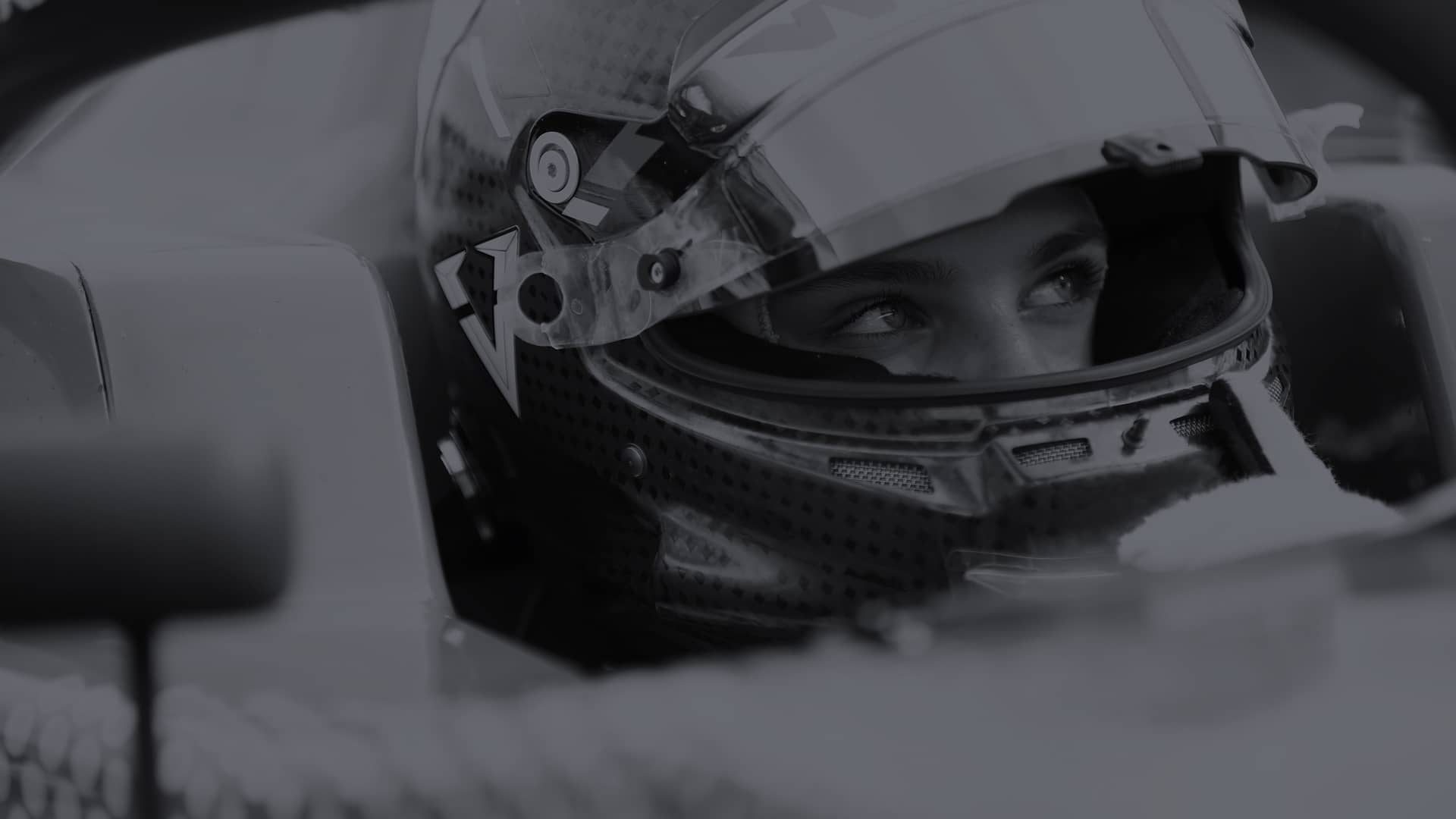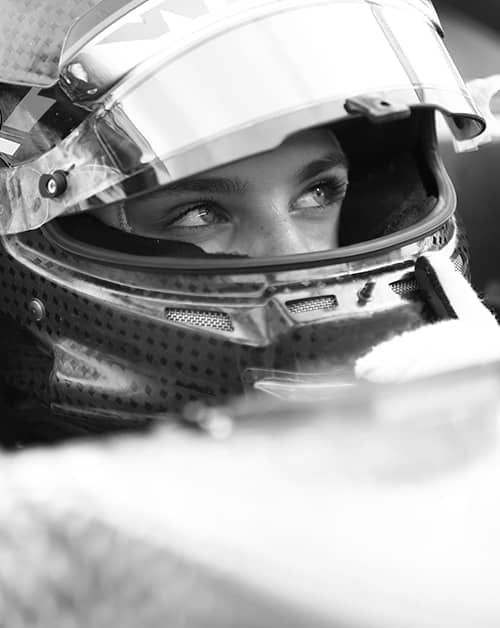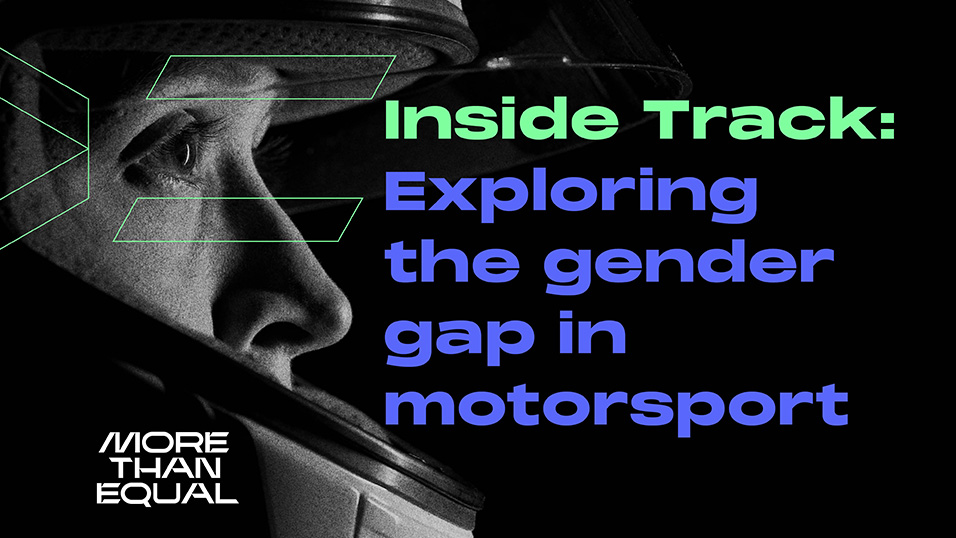

Stereotypes as barriers
We wanted to investigate whether attitudes, stereotypes and beliefs could in themselves be barriers for women in motorsport.
There are many ingrained perceptions in motorsport when it comes to female drivers – that women aren’t strong enough, that they don’t have the emotional capability to handle the pressure or that they are not as likely to take risks in a car.
Surprisingly, we found that public attitudes do not buy into these views.
“Based on the research we have done there is no reason why a woman cannot compete. This is one of the beauties of the sport, that a man and woman can compete on equal grounds. I believe there will be a woman in F1 in the future and I hope we can make that happen very soon.”
F1 coach
“We have the science, we know how to make drivers capable to succeed, whether they are male or female. These cars are increasingly technical but physically easier to drive. So, combining the science and the training methods, there should be no problem to developing a powerful female driver. Add to this the direction of technology development in motor racing and we can easily develop the racing car that females can race in the top-level of motorsport.”
Former F1 driver
Do you agree or disagree with the following statements?
- Female
- Male
Lack of knowledge about women in motor racing
In our survey only 50% of respondents knew that women are allowed to compete in F1
3 in every 4 fans believe racing would be better with head-to-head competition
this rises to 7 in 8 among female fans
Less than 1 in 5 fans think that racing would be better in gender segregated series
declining to only 1 in 10 among female fans
More women drivers will mean more female fans
Female fans gave a clear indication that they would follow, watch and attend motorsport in greater numbers if more female competitors were involved.
Positivity about having a female champion
There is strong belief that F1 will one day have a female driver winning races.



